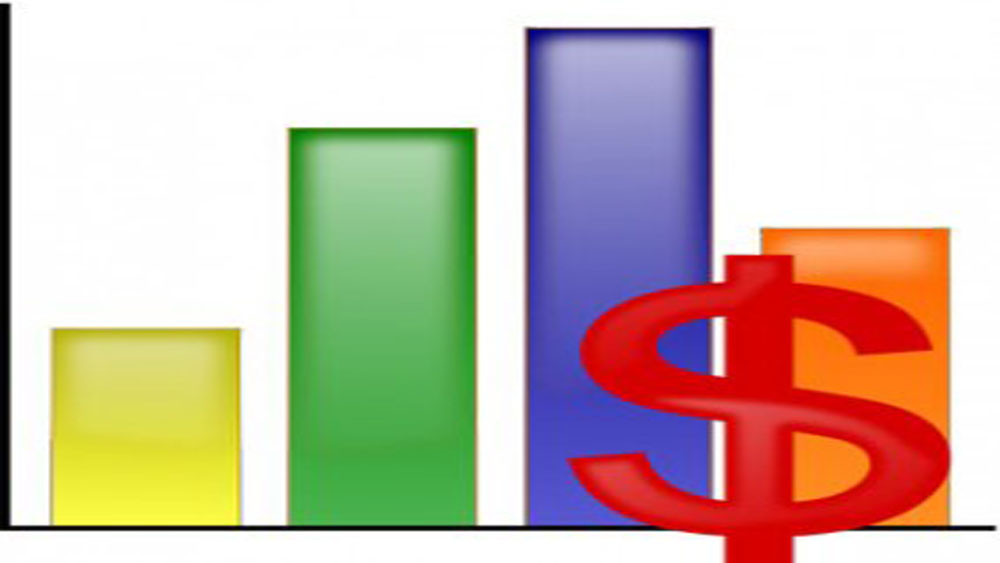
Purchasing a home is one of the most significant financial investments one will ever make in their lifetime. And often, homebuyers will purchase a home, spending more than they can afford, resulting in financial trouble.
Before beginning your search for a new home, reviewing your finances and setting a budget for how much you can spend on a monthly mortgage payment is crucial.
Here are some tips and things to consider when determining how much you can afford on a monthly payment.
Related: Mortgage Calculator
How Do Mortgage Lenders Determine the Loan Amount?
When determining how much you can afford for a monthly payment, gross income, debt, assets, and liabilities, will help mortgage lenders determine how much they are willing to lend. These factors are crucial to mortgage lenders, as they want to know anything that could jeopardize the potential homebuyer’s ability to repay the loan.
Gross Income
The gross income is the homebuyer’s base salary before taxes, retirement funds, and other obligations are taken out. Gross income can include the following:
- Social Security benefits.
- Child Support.
- Part-time earnings.
- Disability.
- Self-employment earnings.
Mortgage-to-income Ratio
Mortgage lenders take into account the homebuyer’s mortgage-to-income ratio. The mortgage-to-income ratio is a percentage of the gross income that is dedicated or can be dedicated to a monthly mortgage payment, which consists of four components, known as PITI (Principal, interest, taxes, and insurance).
Debt-to-income Ratio
Another factor mortgage lenders take into consideration is the debt-to-income ratio. The debt-to-income ratio is the percentage of the homebuyer’s gross income required to cover debts. Debts can include the following:
- Credit card payments.
- Child support.
- Auto loans.
- Student loans.
Credit Score
Homebuyers with a low credit score will have a higher interest rate, an annual percentage rate, or APR. Homebuyers with a higher credit score will have a lower interest rate.
For the homebuyer’s benefit, it is vital to keep an eye on your credit reports, removing inaccurate entries on your credit report that are harming your credit score and preventing you from getting a lower interest rate.
Other Factors to Consider When Determining How Much of a Monthly Mortgage Payment You Can Afford
The following factors help determine how much of a monthly mortgage payment you can afford:
Mortgage Interest Rate
The mortgage lender determines interest rates. Interest rates can vary depending on your credit score, down payment amount, and other factors.
Interest rates can be fixed or adjustable, meaning they can stay the same or adjust over the life of the loan. The lower the interest rate, the lower the monthly mortgage payment.
Interest rates are an essential factor to consider when searching for a home. Buying a home when interest rates are high will result in a higher monthly mortgage payment.
Mortgage Term
The mortgage term is the length of time that you have to repay the loan that you have borrowed. Common loan terms are 15, 20, and 30-year loans.
Your mortgage term is one of the most significant deciding factors on how low or high your monthly mortgage payment will be. Longer mortgage terms result in smaller monthly mortgage payments.
Down Payment
Different mortgage loans offer different down payment requirements. For example, conventional loans require as little as 3% for a down payment, while jumbo loans require a down payment of at least 10%.
While determining how much you can afford on a monthly mortgage payment, it is vital to consider and factor in how much you plan to make for a down payment.
Other Costs
A new home comes with many costs, including the following:
- Closing costs. Closing costs can include appraisal fees, title search fees, credit report charges, loan origination fees, and more. Closing costs must be paid at closing, ranging from 2-6%.
- Homeowners insurance. Homeowner’s insurance varies depending on where the home is located, the type of home, and the neighborhood.
- Property taxes. Homeowners must pay property tax, the total of the property’s value combined with the local tax rate.
- Utilities. Bills such as heat, electricity, water, sewage, and trash are unavoidable for most homeowners.
- Association Fees. Many neighborhoods have monthly or yearly association fees that can include amenities from the neighborhood, such as a community pool, lawn maintenance, snow removal, and other services.
Related: What is a Mortgage? Types of Mortgages and How They Work
Take Away
Ultimately, how much you can afford for a monthly mortgage payment depends on your financial circumstances. Evaluating your finances and determining a budget while considering your future financial goals will help potential homebuyers make the right decision when searching for a new home.
Marimark Mortgage
Marimark Mortgage is based in Tampa, Florida, and proudly serves homebuyers and homeowners in all of Florida, Virginia, and Pennsylvania.
We specialize in conventional home mortgages, FHA, VA, and USDA mortgage options, refinance loans, and reverse mortgages. We’ve worked extensively with cash-out refinancing, and help clients to lower their monthly mortgage payments.
To get started with a mortgage to buy your next home, please fill out our Quick Mortgage Application, or contact us direct.

The Marimark Mortgage Newsletter will keep you informed with important events in the mortgage industry that could impact your finances.
We especially focus on ways to save money on your current and future mortgages. And, we continually share the information we share with our clients, because we believe informed consumers are the best consumers.
Real estate agents, and other professionals in the industry, will receive an ongoing wealth of information that will help them serve their clients.